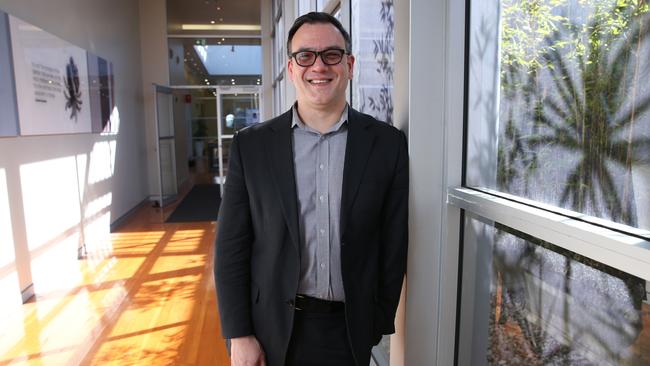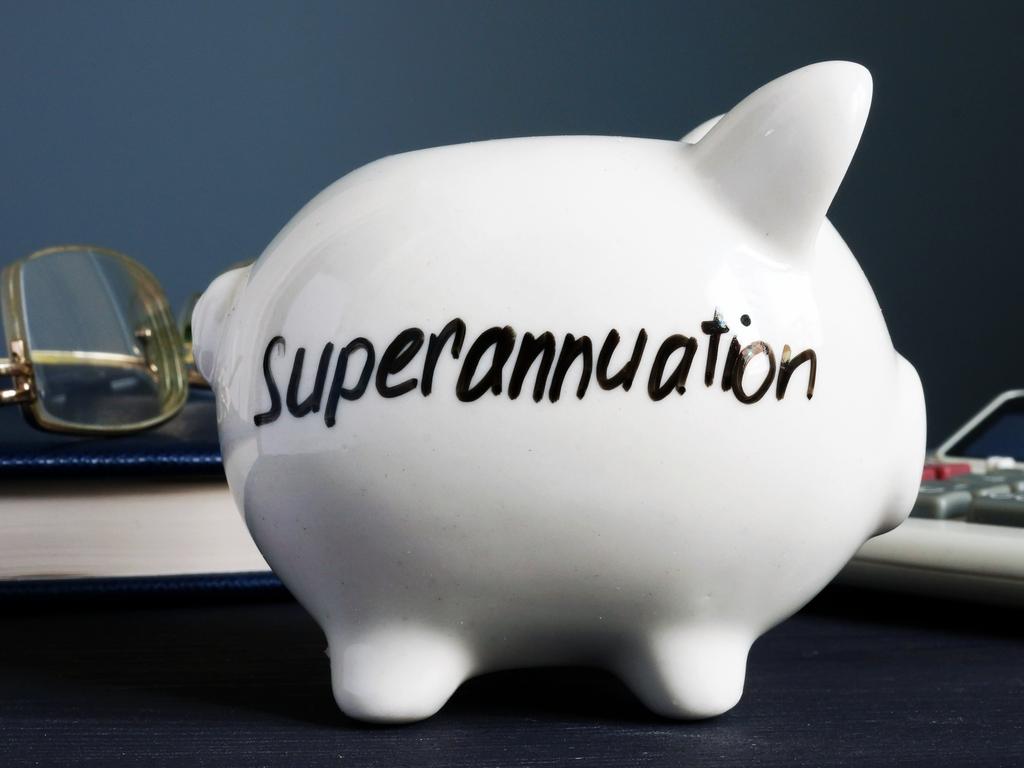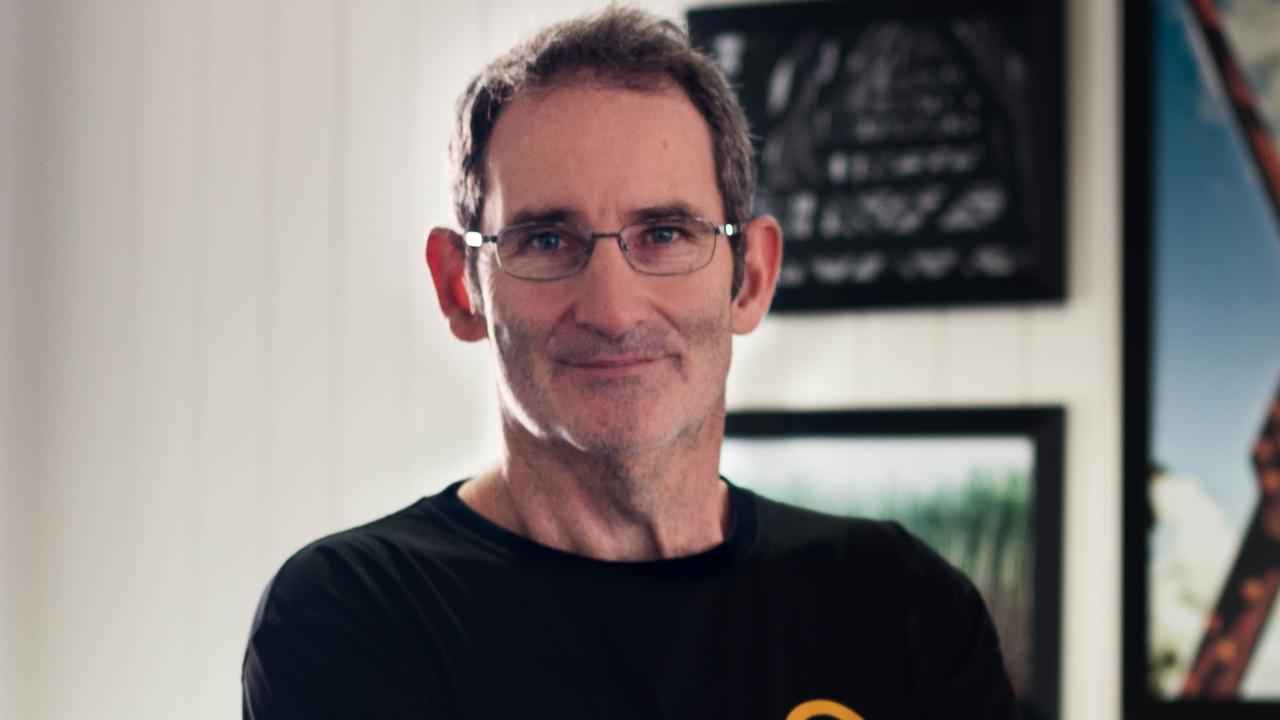Cbus to invest $2bn in corporate debt, equity and infrastructure
Cbus is gearing up for more investment in infrastructure, corporate debt, shares and social housing projects.

With the prospect of a multi-billion-dollar cash drain from early super withdrawals receding, the $52bn construction industry super Cbus is gearing up for more investment in infrastructure, corporate debt, shares and social housing projects.
In an interview with the Australian, Cbus chief investment officer Kristian Fok said the fund had a “couple of billion dollars” available which could be invested in corporate debt financing, equities and other long-term opportunities.
Mr Fok said possible projects included an investment in a new Melbourne airport to city rail link, as well as co-investment deals with state governments such as the recent deal between Cbus Property and the South Australian government for a $300m office building development in Adelaide.
“We had over $3bn in cash ready for the early super withdrawals,” he said. “We were planning for withdrawals of about $2.3bn, but now we think it might probably be closer to $1bn or less.”
He said Cbus, which has some 750,000 members, had received applications from about 46,000 wanting early access to their super for a total of around $385m.
But daily demand for super drawdowns under the government’s early release scheme, which allows members to withdraw as much as $10,000 from their super between now and the end of June and another $10,000 from July, has been falling.
“We have seen a progressive slowing down in the numbers,” he said. “There are still some material numbers but the trajectory is slowing down.”
Cbus was now “getting a sense of what the (withdrawal) numbers will settle down at”.
“There is clearly some immediate need while members are waiting for other sources of funds to come in like JobKeeper.”
Workers in the construction industry had access to other sources of capital including a redundancy trust scheme and a long service scheme for older workers which was helping hold down demand for access to super.
“There are multiple sources of support for our members, which is why the demands are lower than our initial expectations.”
He said the continuation of work in the construction industry, the introduction of the JobKeeper program and the prospect of an earlier than expected economic reopening had also helped to reduce demand for early release of superannuation.
“The amount we are looking at is lower than our initial expectations,” he said. “The construction industry staying open has been a major factor. We had to plan for the fact that it might be closed.”
The mood had also changed in recent weeks to one of more optimism that the federal and state governments were getting the COVID-19 crisis under control.
“There is a view around that the government has the coronavirus under control and is starting to look at how we sequence a reopening of the economy,” he said.
“We now have a little bit more clarity around our cash flows which gives us the capacity to think about how we will be investing,” he said.
Mr Fok said Cbus had allocated around $200m for investment in equity raisings, which he expected could go up to $500m. It also had another $500m set aside for investments in corporate debt.
Cbus had been investing in recent capital raisings by major companies and some small cap stocks, but he expected it would become more active in corporate financing. “The next wave will be doing financing on the debt side,” he said. “We are mindful that the economy is going to take a fair while to recover.
“One of the impacts of maintaining the success we have in getting the virus under control is that we have had to give up certain things like tourism.
“There are still challenges for the economy, but there are also opportunities.”
He said Cbus was keen to investing in projects that would help save or generate jobs.
The fund was also interested in continuing to work with the National Housing Finance and Investment Corporation, the government agency raising funds for the affordable housing sector.
Cbus invested some $30m in NHFIC’s affordable housing bond raising early last year.
He said the super fund was also in discussions with state governments about investing in other projects that may come off the drawing boards in the wake of the COVID-19 crisis.
“We have been having conversations with government agencies about how we can look at new opportunities,” he said. “We have a couple of billion in fresh capital ready to be reallocated. It always makes sense to look at having a stock of cash available to invest.
“We didn’t pay a big price to build that liquidity and now we are getting a better sense of how much is required to be paid out in benefits, it is a good time to start thinking about the opportunities which will come up.”
Mr Fok said Cbus was working with valuers to make sure its assets were properly valued as a result of the downturn.
“We do expect there will be some reduction (in property valuations) but I don’t believe we will be as hard hit as others with property portfolios because of the nature of the tenants we have and the quality of the assets,” he said.
He said the fund was not looking to be involved in major private equity deals like $170bn AustralianSuper, which is understood to be part of a consortium bidding for Virgin Australia.






